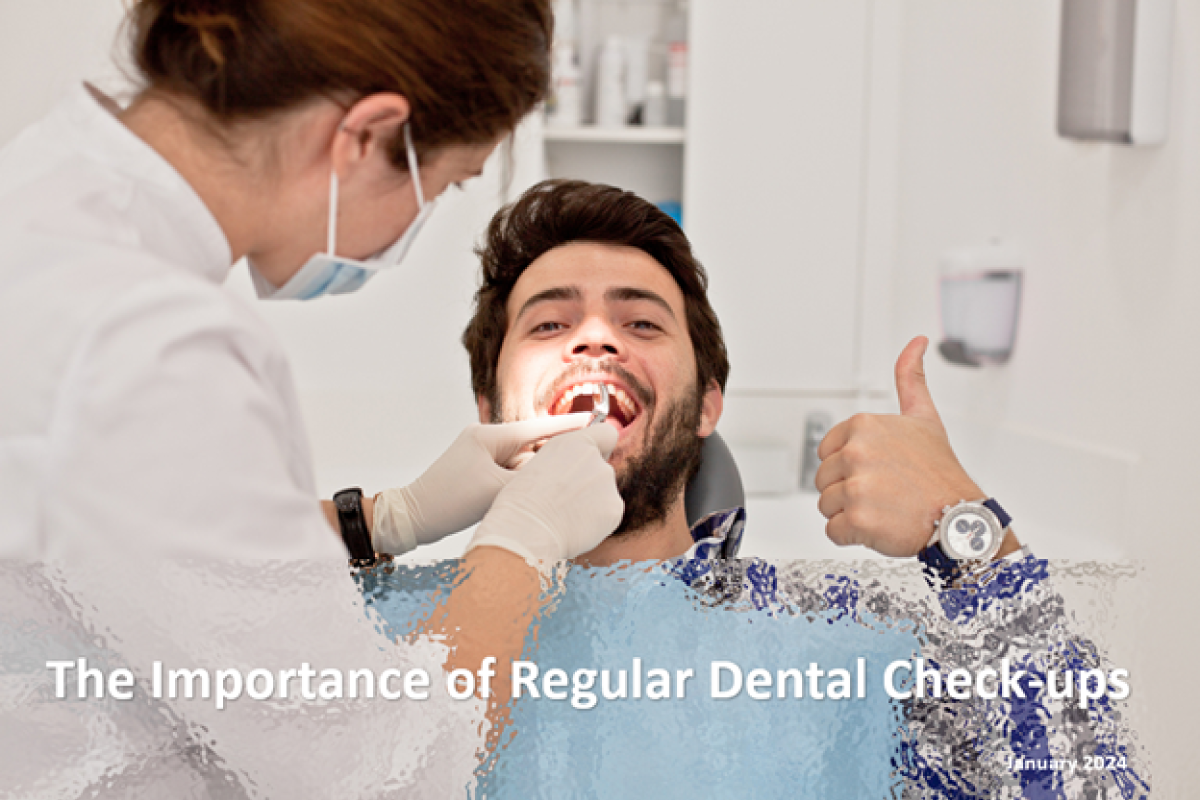Back-to-School Dental Checklist for Kids & Teens
Protecting Your Smile: A Back-to-School Dental Checklist
The school bell rings and with it comes a flurry of excitement—and plenty of to-dos for parents. Among the backpacks and class schedules, one important priority can be overlooked: your child’s dental health. The start of a new school year is often stressful, and that stress can quietly affect oral hygiene—leading to problems that may impact your child’s smile and overall well-being. Small issues can escalate quickly if ignored, causing bigger dental challenges later. This isn’t just about having a bright smile; it’s about safeguarding your child’s confidence and long-term health. Here’s how to protect their smile before the year begins.
Key Takeaways
- Early Intervention is Crucial: Address potential dental issues before they become bigger problems.
- Consistent Habits Matter: Small, daily habits create lasting oral health benefits.
- Don’t Skip the Basics: Brushing, flossing, and regular dental visits remain the foundation of a healthy smile.
Expert Insight: “We often underestimate the power of consistent habits. A child’s oral health is closely tied to their overall well-being. We’re seeing more childhood dental issues because of inconsistent oral hygiene. A proactive approach is vital—and it’s never too late to start.” – Dr. Evelyn Reed, Pediatric Dentist
1. Brushing Routine – A Daily Must
Brushing is the cornerstone of a healthy smile. But simply brushing twice a day isn’t enough—technique matters. Use a soft-bristled toothbrush, angle bristles toward the gum line, and brush for a full two minutes—about 30 seconds per quadrant.
- Frequency: Brush at least twice a day, ideally after meals.
- Technique: Use small, gentle circles to clean every tooth surface—don’t just scrub.
- Tongue Scraping: Cleaning the tongue removes bacteria that cause bad breath and gum issues.
Tip for Parents: Make brushing fun by using a timer or letting your child pick a colorful toothbrush.
2. Flossing – Don’t Skip This!
Flossing removes plaque and food particles that brushing alone can’t reach, preventing cavities and gum disease.
- Frequency: Once a day, ideally before bedtime.
- Technique: Use about 18 inches of floss, gently guiding it between teeth and curving it around each tooth.
- Consider Floss Picks: For younger children, floss picks can be easier and more fun to use.
Expert Quote: “Flossing is often overlooked, but it’s essential for reducing the risk of cavities and gum problems.” – Mark Johnson, Dental Hygienist
3. Diet – Fuel Your Smile
What your child eats directly affects their oral health. Limit sugary drinks and snacks—they feed bacteria that cause decay. Focus on nutrient-rich foods like fruits, vegetables, and dairy products to strengthen teeth and gums.
- Limit Acidic Foods and Drinks: These can erode enamel over time.
- Stay Hydrated: Water helps rinse away food particles and keeps the mouth moist.
- Calcium-Rich Foods: Foods high in calcium help strengthen enamel.
Challenge for Parents: Encourage kids to choose healthy snacks over sugary treats—make it a fun family goal.
4. Regular Dental Check-ups – See the Dentist
Routine dental visits allow professionals to detect early signs of cavities, gum disease, or other oral health concerns—often before you notice any symptoms.
- Frequency: At least twice a year, or as recommended by your dentist.
- Dental Cleanings: Professional cleanings remove plaque and tartar that brushing and flossing can’t reach.
Expert Tip: “Early detection is key! A small cavity can often be treated before it becomes a major problem.” – Dr. Parekh
5. Preventing Tooth Decay – A Proactive Approach
Tooth decay remains a top concern for children and teens. Good oral hygiene is the best defense. Ask your dentist about fluoride treatments and sealants to strengthen teeth and protect against cavities.
- Fluoride: Strengthens enamel and helps prevent decay.
- Sealants: Thin plastic coatings applied to molars to shield them from bacteria and food particles.
Don’t Ignore Sensitivity: If your child experiences sensitivity to hot, cold, or sweets, schedule a dental visit promptly.
Psychological & Emotional Angle
The pressures of school can affect a child’s emotional well-being, which in turn impacts oral hygiene. Stress, anxiety, or worries about appearance can lead to neglecting daily routines.
Coping Strategies:
- Open Communication: Provide a safe space for your child to share concerns.
- Positive Reinforcement: Praise consistent brushing and flossing rather than focusing only on missed days.
- Visualization: Encourage kids to picture their bright, healthy smile as motivation.
Expert Thought: “Children often don’t fully grasp the importance of oral health. Understanding their perspective helps you instill lasting habits.” – Dr. David Chen, School Dentist
6. Long-Term Prevention – Building a Healthy Future
Proactive dental care today pays off for years to come. Good oral health reduces the risk of gum disease, prevents costly treatments, and boosts confidence and overall health.
Routine Checkups: Regular visits help catch small problems before they escalate.
Education: Teach your child why brushing, flossing, and a balanced diet matter for a lifetime of healthy smiles.
Actionable Tips – Taking Immediate Steps
- Brush twice daily, using a timer or fun toothbrush to keep kids engaged.
- Floss once a day, ideally before bedtime.
- Schedule a dental check-up within the first six months of school—or sooner if advised by your dentist.
- Offer healthy snacks like fruits, vegetables, and dairy products instead of sugary treats.
Quick Win: Start with a 5-minute family brushing routine and make it a fun nightly habit!
Conclusion & Call to Action
Back-to-school season is busy, but protecting your child’s smile should be at the top of the checklist. By following these simple, proactive steps, you’ll help your child build lifelong healthy habits. Don’t wait—schedule a dental check-up today to keep their smile bright and healthy all year long.
Ready to take the next step? Book a consultation with our friendly team at Dentistry on 89 and create a personalized plan for your child’s oral health. Together, we’ll keep their smile shining with confidence!
Appointment Request Call Us
Call Us 


